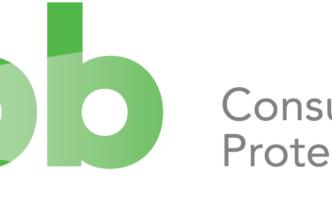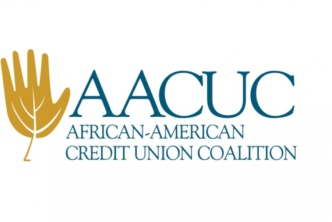
This is part 2 of a 4-part series on LSCU’s CUNA Award winners.
For Delta Community Credit Union in Atlanta, Ga., it is critical to keep a finger on the pulse of the community, determining what members want and need and how best to meet those preferences. Armed with eye-opening statistics about the lack of financial knowledge in the state, the team at Delta Community has been working for years to effect change. According to a study by WalletHub, the State of Georgia ranks 31 out of 50 states in Financial Literacy, meaning many students are graduating high school and entering adulthood unprepared to make informed and wise financial decisions.
The credit union’s comprehensive Financial Education Center efforts earned them the title of second-place winner in the category of more than $1 billion in assets for the Desjardins Youth Financial Education Award.
Jai Rogers, vice president of community development, said awareness is the key to knowing how best to help members tackle their financial concerns and was a key to the coordination of financial education at Delta Community CU.
“A lot of our members ask questions all the time about various products and services, and with my area of community development, we meet with schools and community groups, as well,” Jai said. “People were asking questions about financial workshops. We were already coordinating those, but we wanted to make it seamless and well organized.”

Classes are hosted at branches throughout metro Atlanta, targeting members who live near the sites. Though credit union vendors are always eager to share their financial knowledge, Jai and other decision makers at Delta Community felt it was essential to take advantage of in-house experts.
“We want to share our financial knowledge,” she explained. “It didn’t make sense for us to go outside our organization. We have so many here who are specialists and to the work every day.”
While first-time homebuyer and car loan workshops were the norm for the credit union, Delta Community set out to centralize the program, making it consistent year-round.

The credit union targets young people through three components: 1. Partners in Education (Elementary Schools); 2. Junior Achievement (Middle Schools) and 3. High School partnerships.
As a result of its efforts, Delta Community has provided financial education to youth by delivering 66 workshops to more than 1,700 students last year. A team of five presented and partnered with 26 schools covering 10 different topics.
In its efforts, the community development team added three innovative strategies to enhance efforts in educating youth around financial literacy.
The first was Cool Cash Camps. The credit union helped design, develop and implement a middle school curriculum and program for existing Cool Cash Money Camps, which go in depth with the students around topics such as careers and the earnings associated with them, spending decisions and behaviors, credit and interest, income and expenses and risk tolerance. In its inaugural year, Delta Community facilitated eight middle school camps with 165 students.
The second was extending community partnerships to organizations with a broad reach of students. The credit union hosted Science, Technology, Engineering and Mathematics (STEM) programs. Georgia CSOs are part of a STEM leadership development program for 22 middle and high school students across 11 metro Atlanta schools.
The third aspect Delta Community enhanced was its scholarship program. The March program draws more than 400 applicants annually, and the credit union saw a great opportunity to engage this audience and offer them free financial education. Delta Community Financial Education Center presented its Teens and Money – College Edition. Scholarship applicants were invited to join the credit union in March to learn about financial tools for life at college, from basic money management to learning how to use credit wisely. The 45 attendees returned a 100% survey satisfaction rating for the inaugural event.
“We welcome the many opportunities afforded by our Financial Education Center to help consumers develop healthy personal finance habits,” said Delta Community CEO Hank Halter. “The FEC’s growth and success reflects our steadfast commitment to invest in financial literacy education, and ultimately supports the development and prosperity of the communities we are privileged to serve.”
For other credit unions looking for the right way to reach out to the community, Jai said, “The number one thing is to listen to your members. They are telling you what they are interested in. It’s also important to look at the frequency that people are taking advantage of different products and services you offer. If you look at how people are being challenged in the way they manage their finances by monitoring activity within the credit union, that’s where you’ll find what members need most.”
The educational advantages the credit union offers is one of the things Jai loves best about her work because it’s critical to members who aren’t prepared.
“There are a lot of people who truly don’t understand how to mange their finance,” she said. “That hurts them as they get older. Many of us probably had a formal introduction to financial services by our parents walking us into a financial institution. Lots of people have not had that level of introduction.
“Credit unions care about that and take the time to help people manage their finances because we care about how they are going to continue doing that throughout their lives.”
Receiving the CUNA award was positive reinforcement that Delta Community is leading the way in financial education program.
“This honor shows we are doing the right thing,” Jai said. “We are meeting the need. It’s such an honor that makes me smile every day. This is a serious collaborate effort of so many who work here at Delta Community. It was a team effort all the way around.”
Read more about the credit union’s Financial Education Center at DeltaCommunityCU.com.





